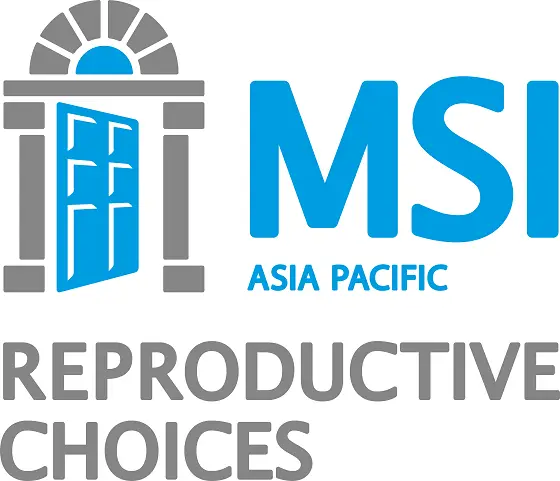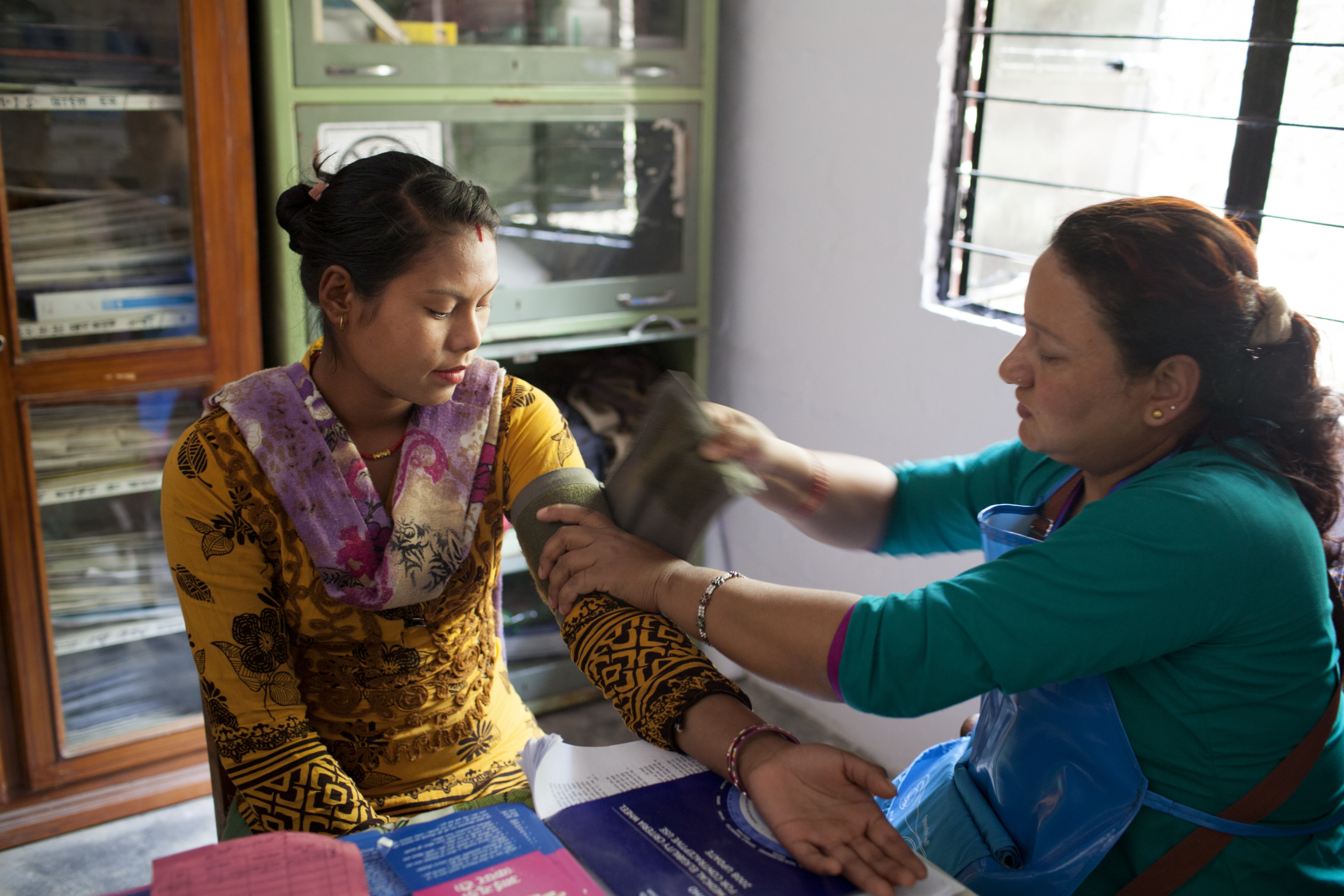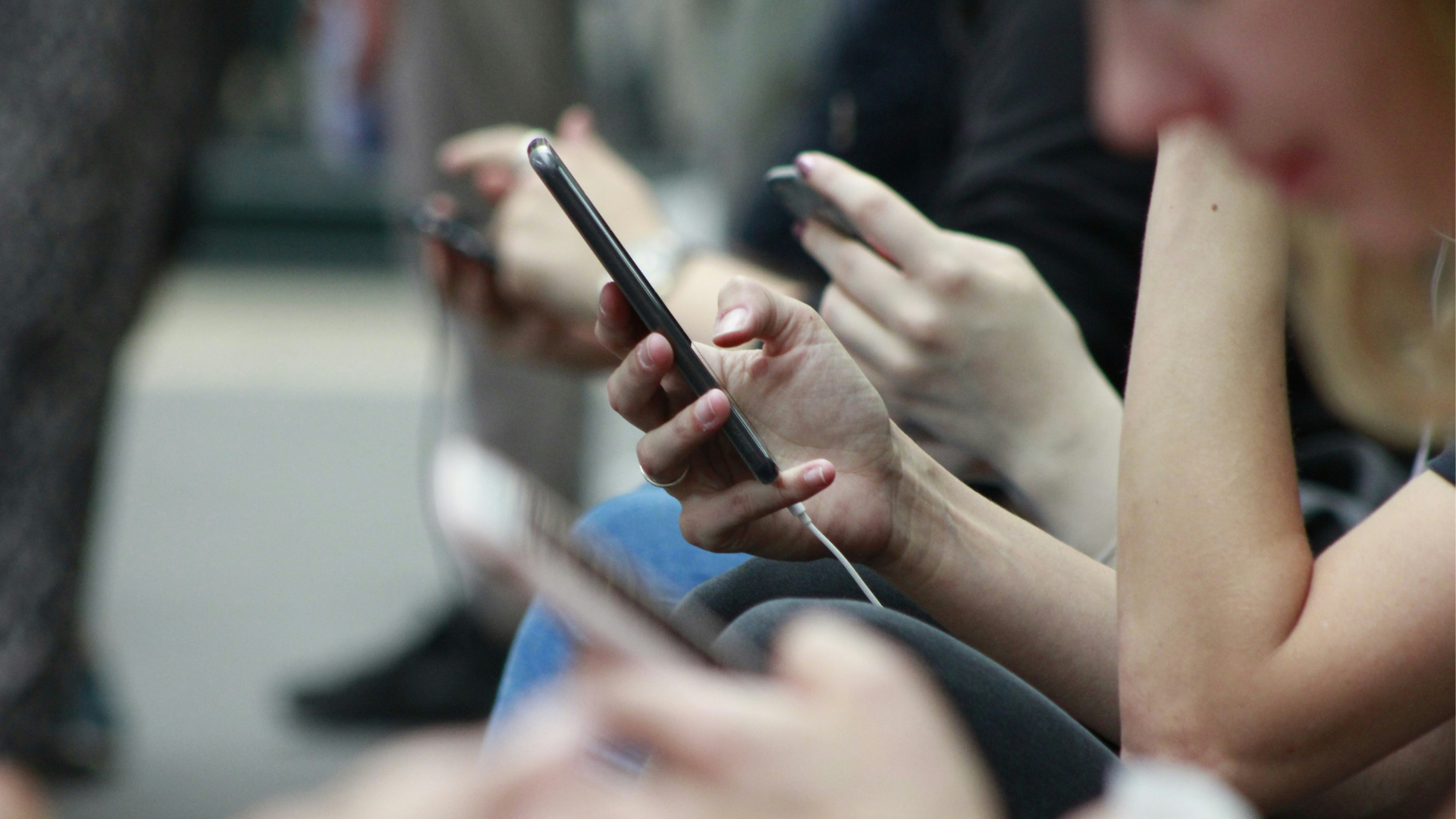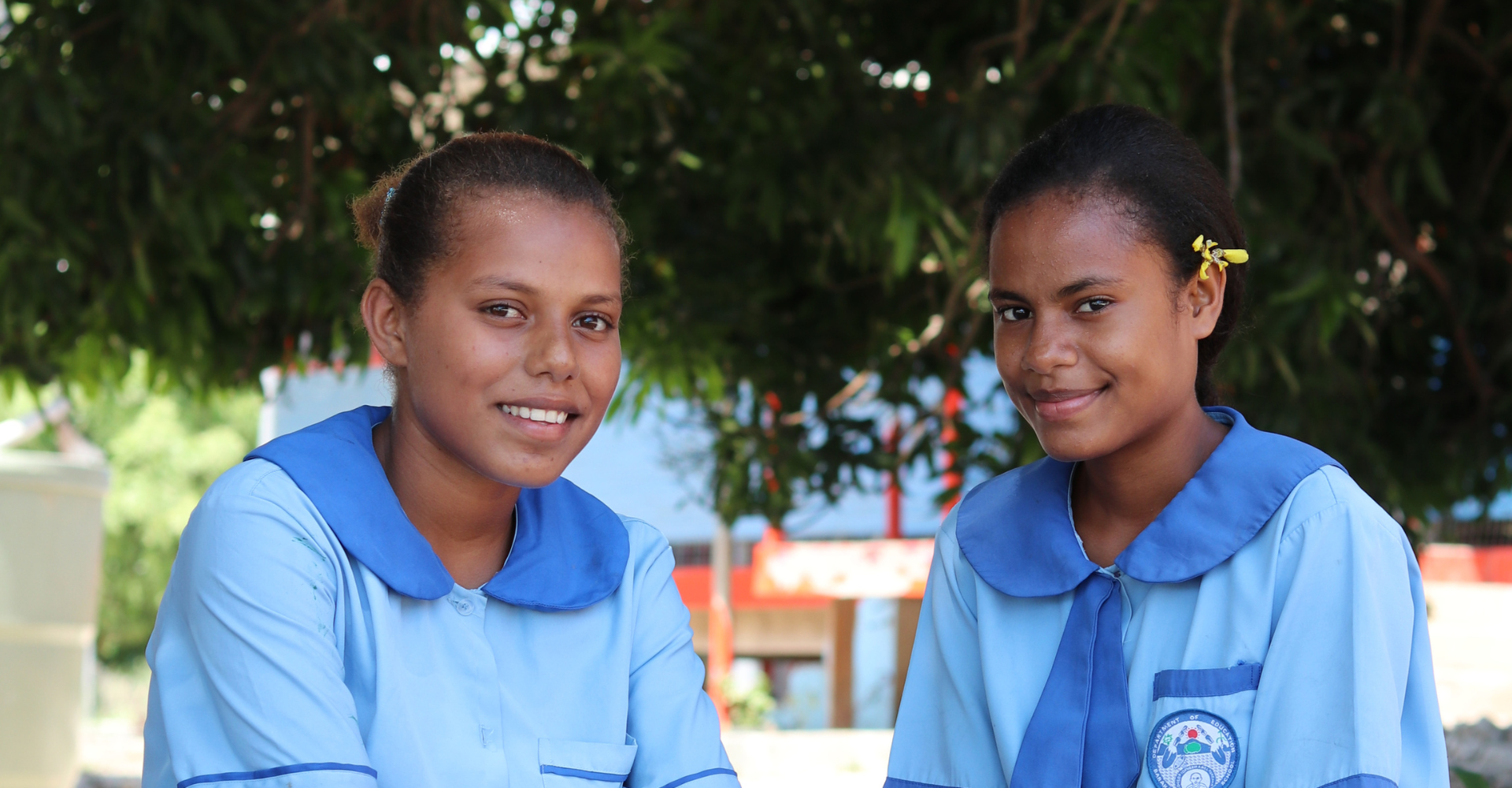With your support, in 2018 MSI was able to serve almost 10 million people worldwide. Over 30.2 million women worldwide are using a contraceptive provided by us.
This led to an estimated:
- 34.7 million couple years of protection
- 12.3 million unintended pregnancies prevented
- 6.4 million unsafe abortions averted
- 32,000 maternal deaths averted.
In the Asia Pacific region, your donation helped us to provide 151,224 client visits in 2018.
- We continued to support 466 MSI Ladies in Cambodia, Myanmar and Viet Nam to provide community-based services. In December 2018, MSI Ladies reached over 1,000 clients in one month.
- Our community outreach workers travelled thousands of kilometres, often through difficult terrain, to reach rural or remote communities. In Papua New Guinea, we estimate that 77% of our outreach clients had never used a modern contraceptive method.
- We developed programs to reach young women in Timor-Leste and Papua New Guinea to talk about periods and menstrual hygiene, opening up a much-needed conversation about contraception with a younger audience.
- We helped community leaders like Bua access vasectomies and educate his community about the benefits of family planning.
- We advocated for family planning services to be included in global climate change planning by engaging with policy makers and sharing key resource documents.
- We focussed on disability and accessibility in our clinics and outreach services, making our services more available to all.
- We continued to speak to government and policy-makers about sexual and reproductive services, and advocate for the rights of women and girls worldwide.
- We continued to address gender-based violence by ensuring our frontline clinical staff are equipped to support women and girls experience gender-based violence.
- We help women like Srey Pich to access safe abortion and make positive choices for her family.
- We partnered with public and private health providers at local, provincial and national levels to share our extensive knowledge and high-quality service delivery methods to ensure women everywhere can access the care they deserve.
Your generosity in the past financial year has helped us to provide women and girls around the world with choice and autonomy over their bodies and lives.
With the terrifying reversal of reproductive rights in the US affecting international aid funding through Trump’s Global Gag Rule on abortion, and the rise of conservatism globally, we still have plenty of work to do to promote reproductive health and family planning worldwide.




